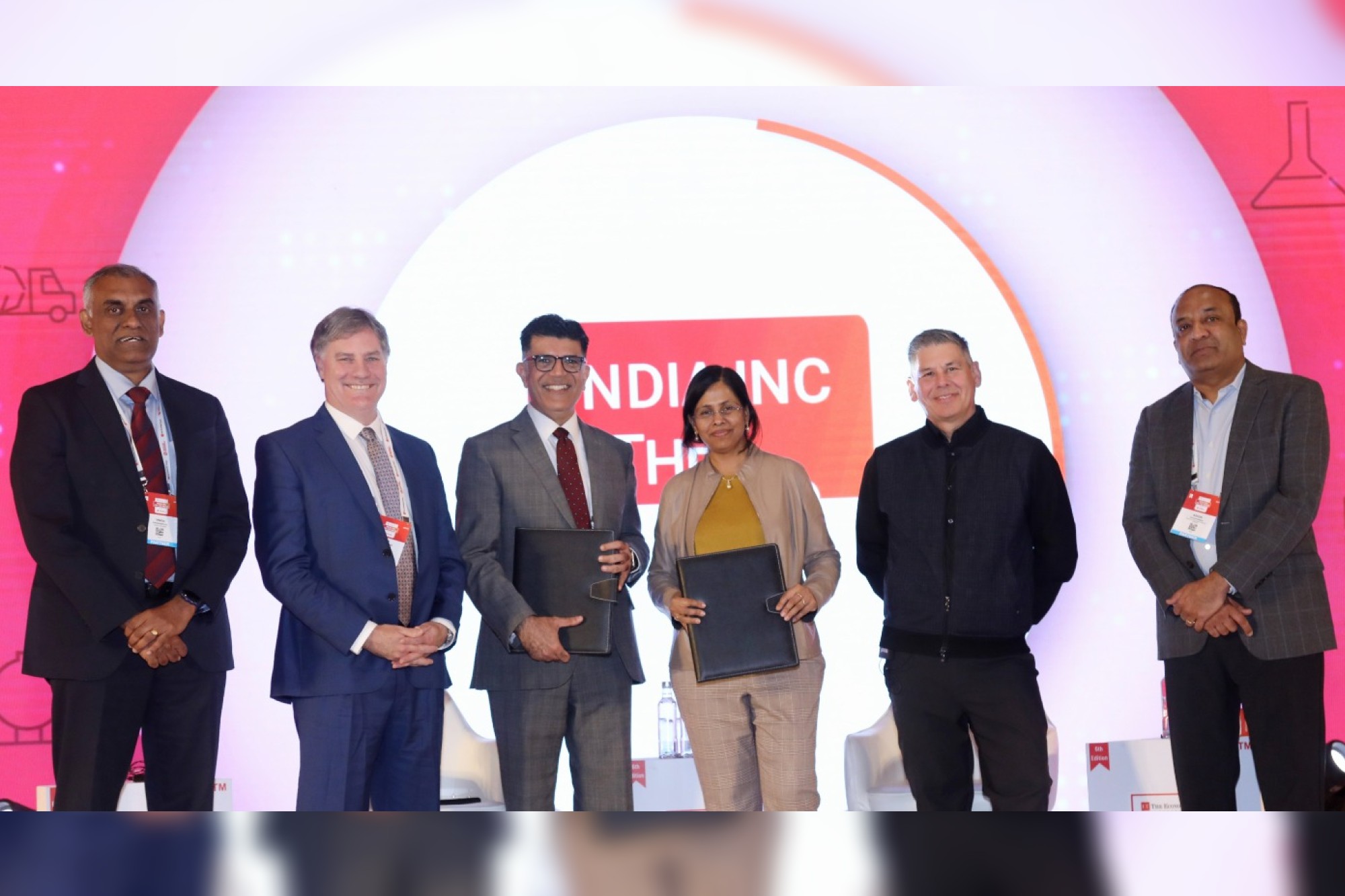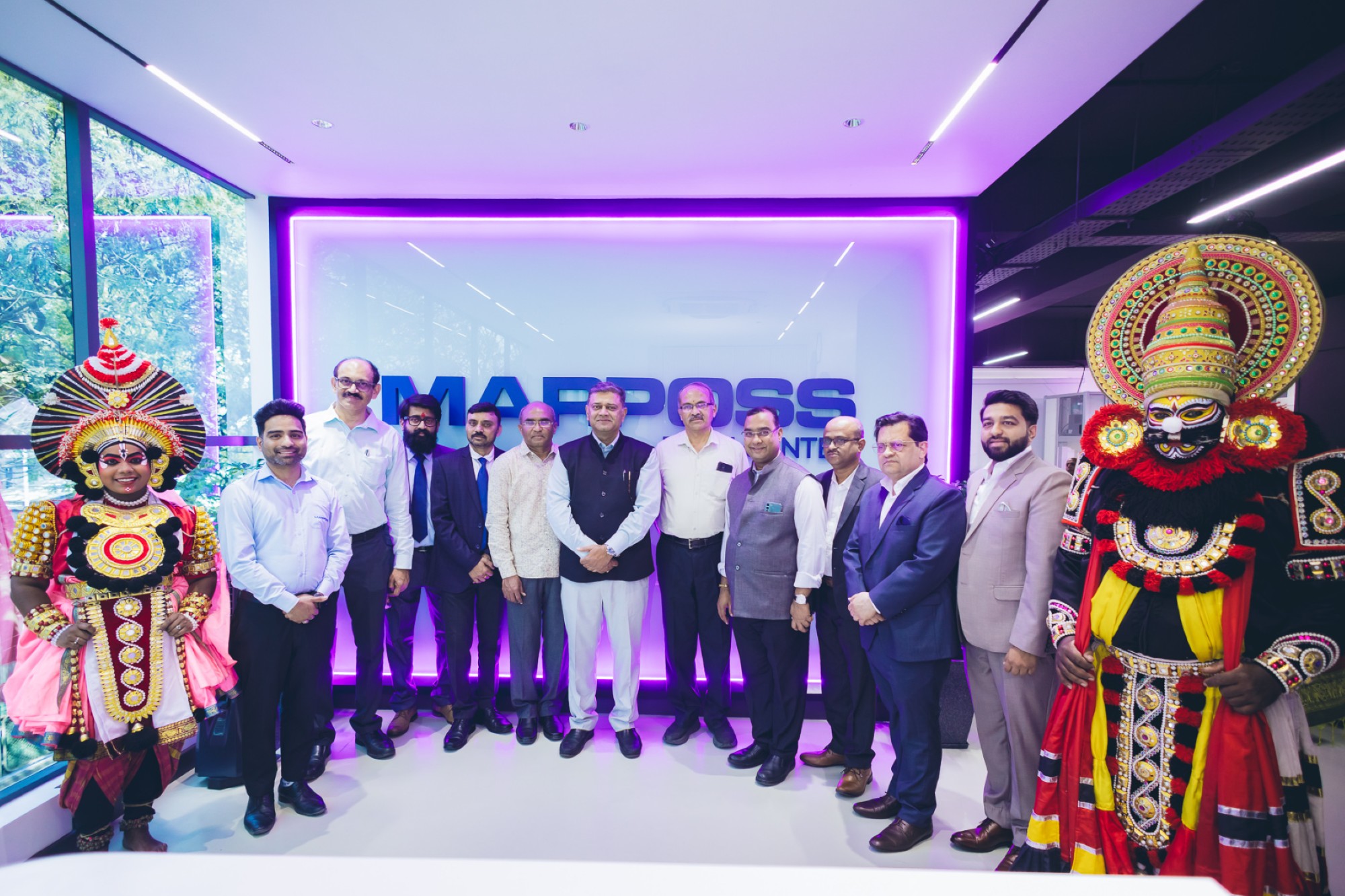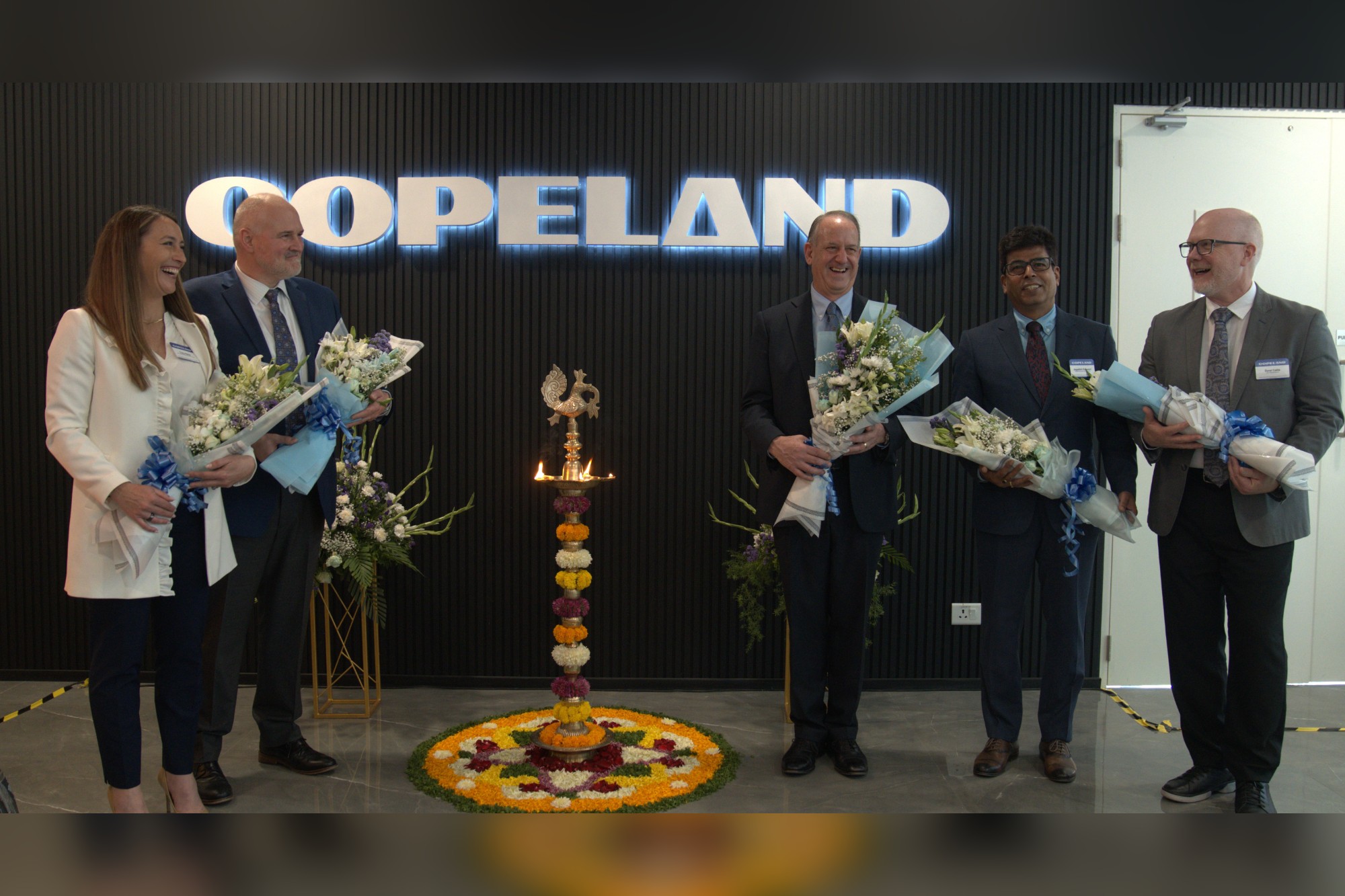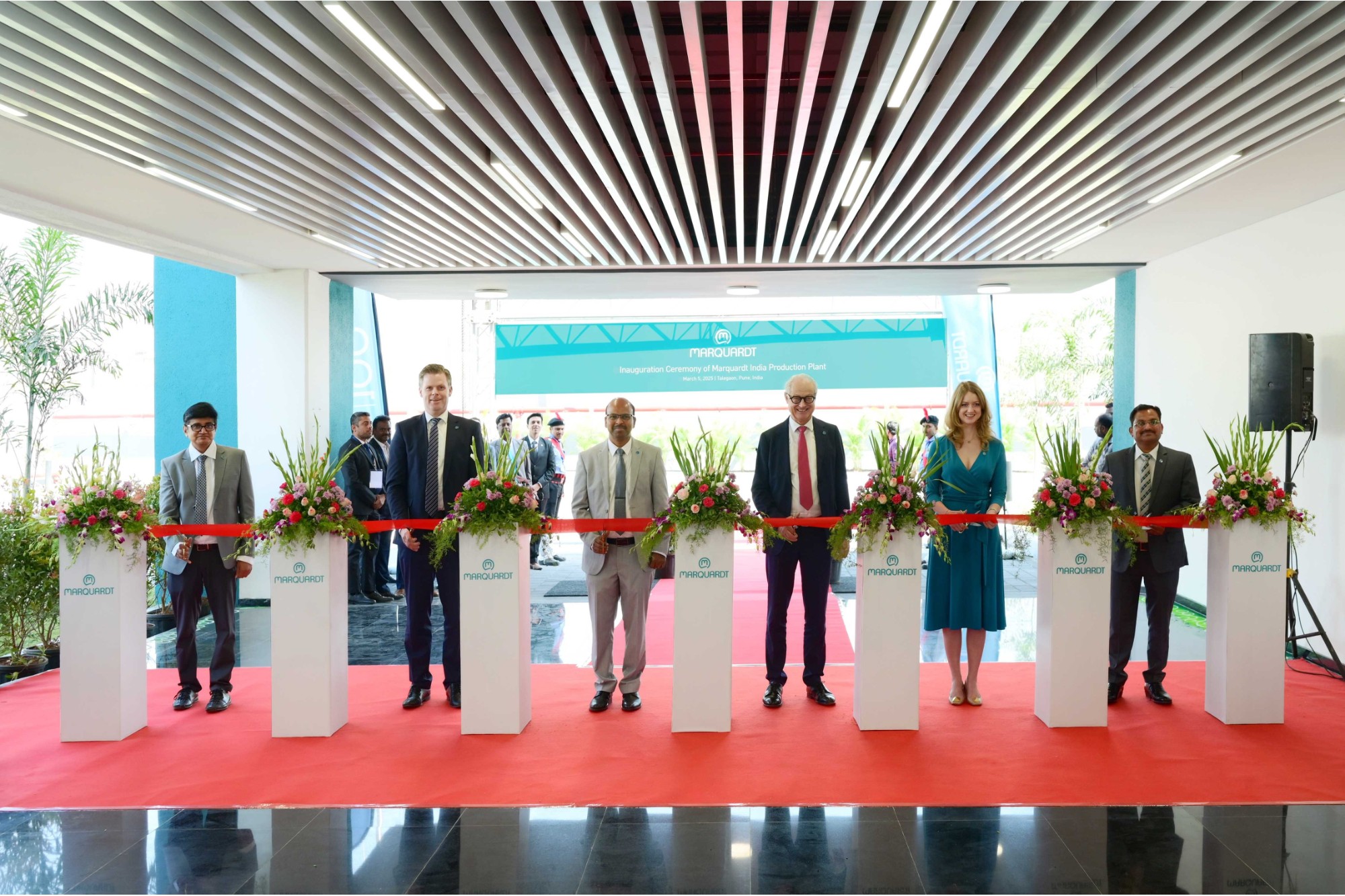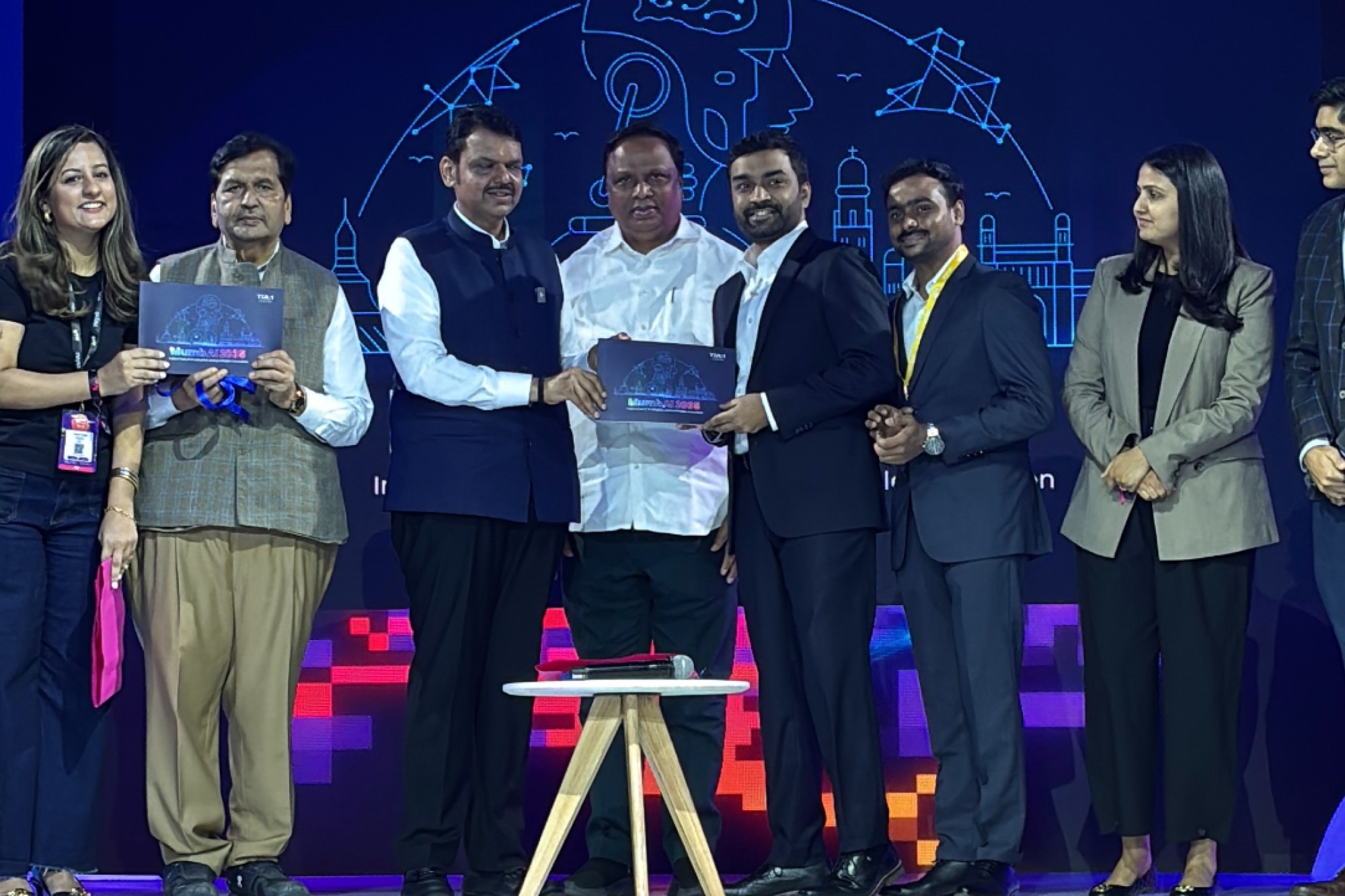Cisco & Rockwell Automation partner to close digital skills gap in manufacturing
By Staff Report February 19, 2025 6:18 pm IST
The ‘Digital Skills for Industry’ program combines national-level digital training curriculum for IT (Information Technology) and OT (Operational Technology), through globally recognised programs and certifications.
Cisco, networking and security solution provider, and Rockwell Automation signed a Memorandum of Understanding (MoU) to expand their strategic partnership and launch the ‘Digital Skills for Industry’ program. The program aims to empower the next generation of workers with essential digital skills, combining IT and OT curriculums in the areas of cybersecurity, networking, IoT, data science, AI, programming and automation technologies. To meet the evolving demands of the industry, the program aims to improve digital literacy in industry, attract new talent, enhance workforce productivity, help accelerate career growth and bridge the global digital divide.
With a vision of exporting goods worth USD 1 trillion by 2030, India is well on its way to cementing itself as a major manufacturing hub. However, a shortage of skilled workers poses a significant barrier to progress. In fact, according to a Team Lease report, by FY 2027-28 while the electronics manufacturing industry is expected to generate 12 million jobs, yet a staggering skills gap of 10 million trained professionals persists. Bridging this skills gap is critical to ensure that India’s manufacturing industry remains globally competitive, efficient, and future-ready.
To address this gap, organisations are intensifying their investments in operational technology while prioritising workforce upskilling. In July 2024, Cisco and Rockwell Automation signed an MOU pledging to close the digital skills gap in manufacturing across the Asia-Pacific region through social impact programs which include the Cisco Networking Academy (NetAcad). In India, NetAcad has already trained more than 2.2 million students through collaborations with educational institutions and industry partners. With courses in emerging technologies such as networking, programming, and cybersecurity, NetAcad is equipping the workforce with the skills needed to succeed in the jobs of the future.
“As we navigate the digital-first era, we’re witnessing a significant shift where industries without the right skilled talent risk falling behind. This transformation, driven by AI and emerging technologies, is especially critical for the manufacturing sector,” said Daisy Chittilapilly, President, Cisco India & SAARC “We are excited to partner with Rockwell Automation to build a future-ready, skilled workforce that can bring to life new possibilities of digital technologies, paving the way for a smarter and globally competitive manufacturing landscape.”
“India’s manufacturing sector is poised to be a key engine of the nation’s economic transformation. Amidst rapid technological advancements, the need for workforce upskilling and reskilling has never been more urgent. Rockwell Automation’s 9th annual State of Smart Manufacturing report identifies ‘change management’ as the top workforce challenge for 2024, highlighting the crucial role of human capital in the adoption of smart manufacturing technologies,” said Dilip Sawhney, Managing Director, Rockwell Automation IndiaRecognising the growing need for skilled workforce in automation technologies, Rockwell Automation offers solutions to helps both customers to upskill workers and academic institutions to train students in industry-relevant skills. These training solutions can be deployed with Rockwell Automation support through a blend of virtual or instructor-led courses to help enterprises mitigate workforce challenges and prepare for the future of smart manufacturing. These courses, spread across a variety of fundamental and product-specific automation technology topics, deliver a training solution that can be implemented directly on the plant floor, in classrooms, or through virtual sessions.
“While companies are committed to maintaining and even expanding their workforce in this era of automation, simply hiring isn’t enough. A strategic investment in robust upskilling and reskilling programs is essential. These programs must empower workers with the knowledge and skills necessary to leverage emerging technologies effectively. By cultivating a dynamic talent ecosystem equipped for the future of manufacturing, we can realise India’s national vision: establishing the country as a global manufacturing powerhouse, competitive on the world stage,” added Dilip Sawhney.
Cookie Consent
We use cookies to personalize your experience. By continuing to visit this website you agree to our Terms & Conditions, Privacy Policy and Cookie Policy.



